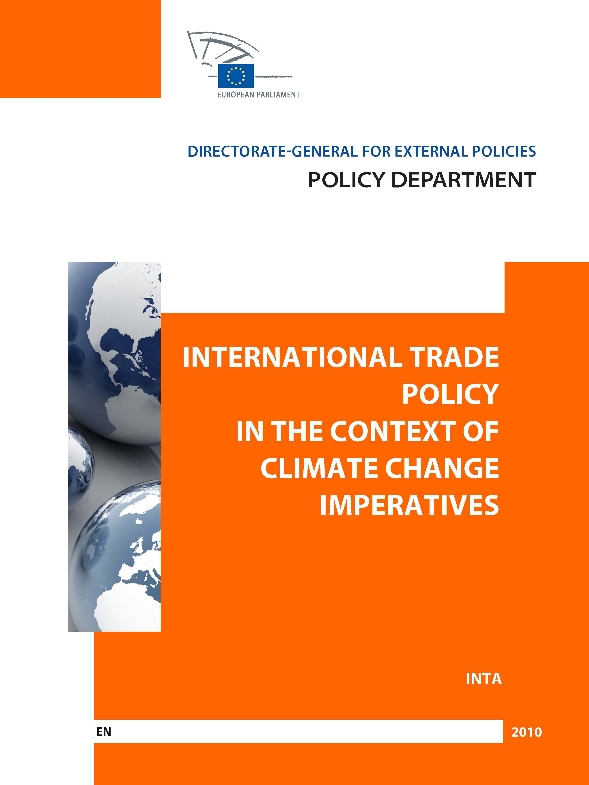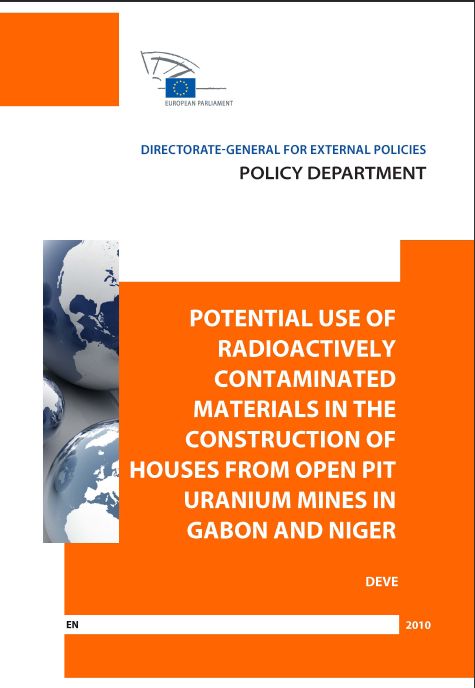In their policy paper "International Trade Policy in the Context of Climate Change Imperatives" for the Committee on International Trade, Christiane Gerstetter, Michael Mehling und Tanja Srebotnjak examine the relationship between trade and climate change as well as the potential of trade and trade policies to contribute to climate change mitigation and adaptation.
It presents conclusions on the impact of trade liberalisation on climate change, risks and opportunities of carbon-related competition measures, the consistency of climate-related processes and production measures with WTO rules, the discussion surrounding the reduction of tariffs on mitigation and adaptation technologies and the role of intellectual property in the climate field. Particular attention is given to issues relevant to developing countries, because they fear that patents will be an obstacle to the transfer of climate technologies, while many industrialised countries and some business associations maintain that intellectual property rights are a pre-condition for investments in foreign markets.
The nexus between trade and climate change remains highly controversial. Rising trade flows can affect greenhouse gas emissions by increasing economic output, changing the mix of countries’ production factors, and increasing the availability of environmentally friendly goods, services, and technologies. Additionally, trade relies on transport, itself a major and rapidly rising source of emissions. Accounting for trade-related carbon emissions is a challenging task involving complex interactions; ultimately, trade liberalization can both create pressures to increase or decrease emissions, with the former generally more pronounced in developing countries, and the latter more apparent in industrialized economies.
The paper concludes that the relationship between international trade and climate policies is a complex one. This article provides recommendations on trade policies that can be pursued by the European Union in light of the challenges posed by climate change.
The project was part of the Framework Contract Development Policy.







